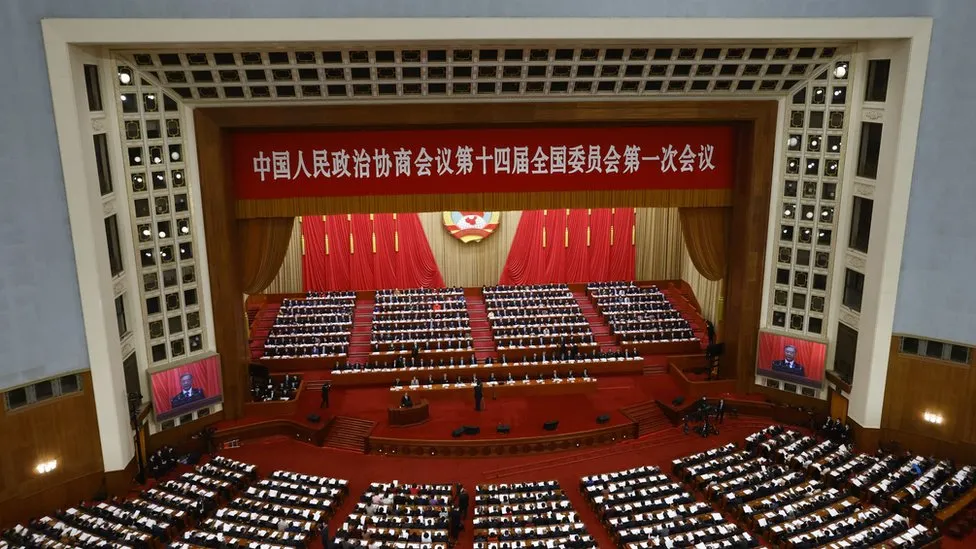Rubberstamp Parliament: China’s Economic Savior?
1 min readCan a rubberstamp parliament help China's economy?
In recent years, China has faced significant economic challenges due to slowing growth, trade tensions with the United States, and...

Can a rubberstamp parliament help China’s economy?
In recent years, China has faced significant economic challenges due to slowing growth, trade tensions with the United States, and the global impact of the COVID-19 pandemic. As a result, there has been increasing pressure on the Chinese government to find ways to stimulate economic growth and ensure stability in the face of these challenges.
One proposal that has been put forward is the idea of a “rubberstamp parliament,” where the legislative body would essentially approve all government policies without question. Proponents argue that this would streamline decision-making processes and allow for faster implementation of economic reforms that could help boost China’s economy.
However, critics of this proposal argue that a rubberstamp parliament would undermine democratic principles and could lead to unchecked government power. They point to the importance of political debate and oversight in ensuring that policies are properly scrutinized and that the interests of the people are represented.
In the end, whether a rubberstamp parliament would help China’s economy is a complex question that depends on a variety of factors. While streamlining decision-making processes could potentially lead to faster economic reforms, it is important to consider the potential drawbacks of such a system and ensure that the interests of the people are not sacrificed in the pursuit of economic growth.





